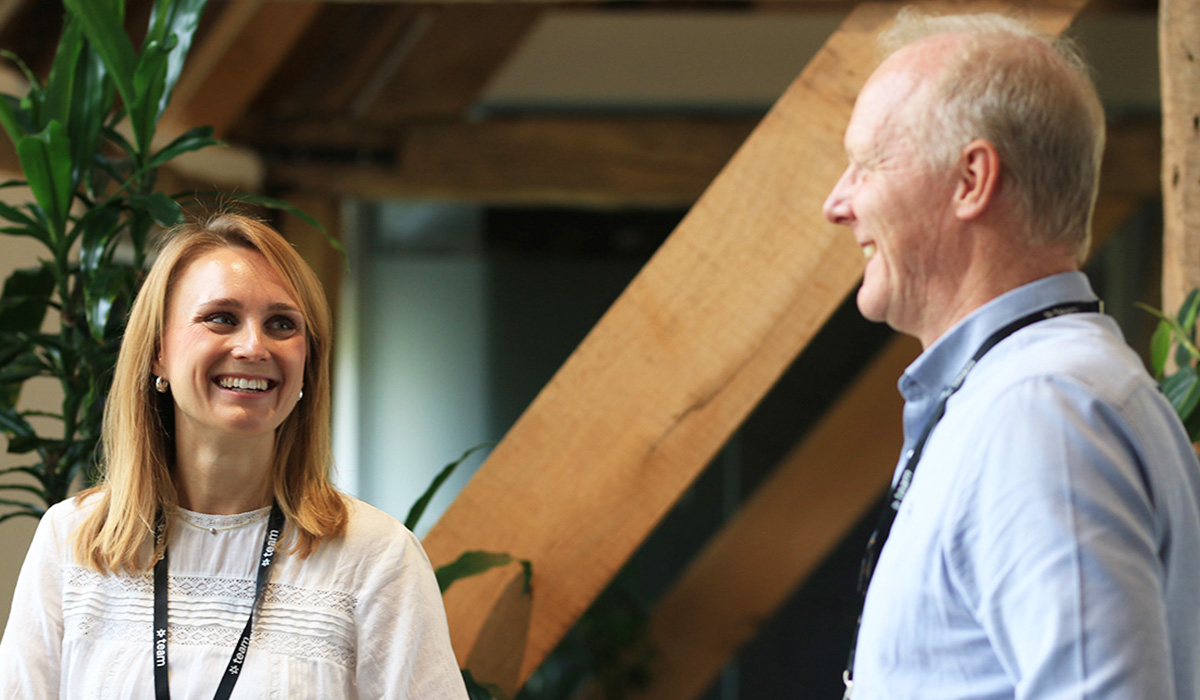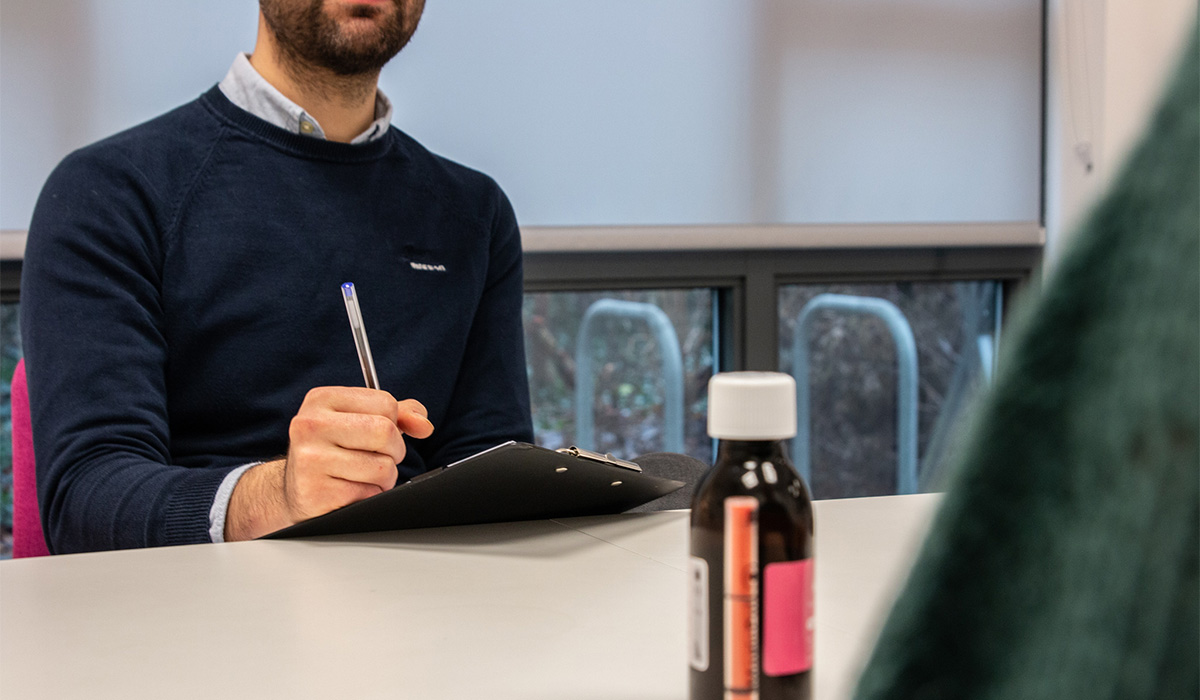Our human factors team is growing
Since our first Human Factors (HF) project in 1999, Team Consulting has been at the forefront of usability testing and user-centred design. As we continue to expand into new medical sectors, we’ve been growing our HF team to continue helping our clients develop devices that are regulatory compliant and loved by end users.
The latest member of our HF team is Andrea Pisa, a senior human factors consultant who has spent the past 10 years working in human factors engineering and medical device development. We spoke to Andrea to find out more about her experience and what she’s hoping to achieve at Team.





